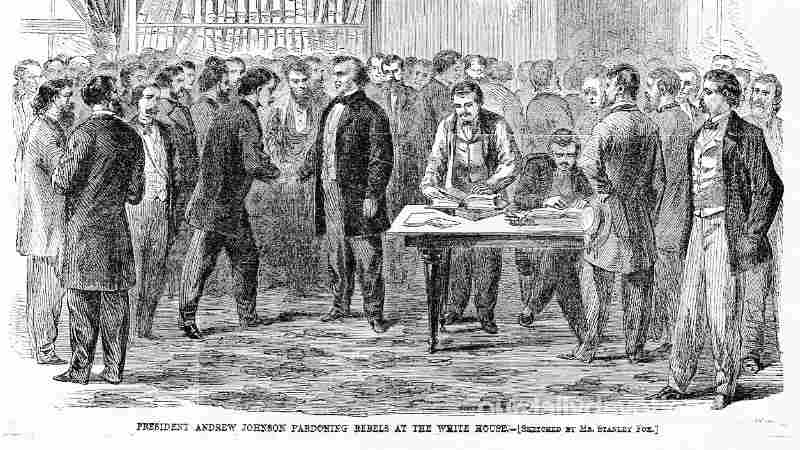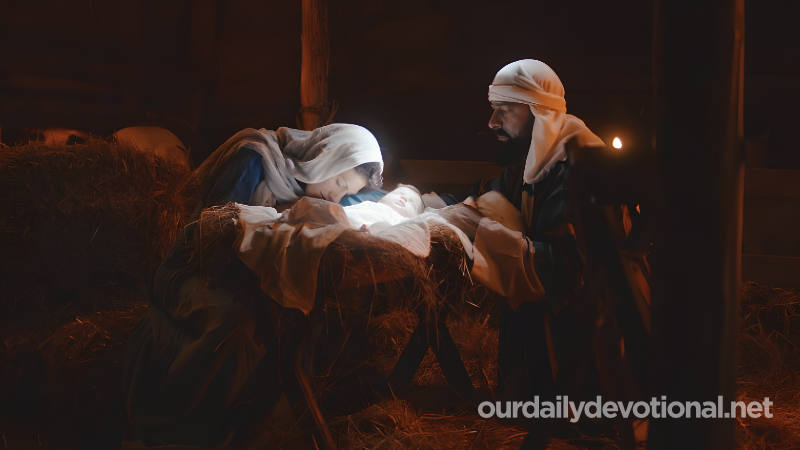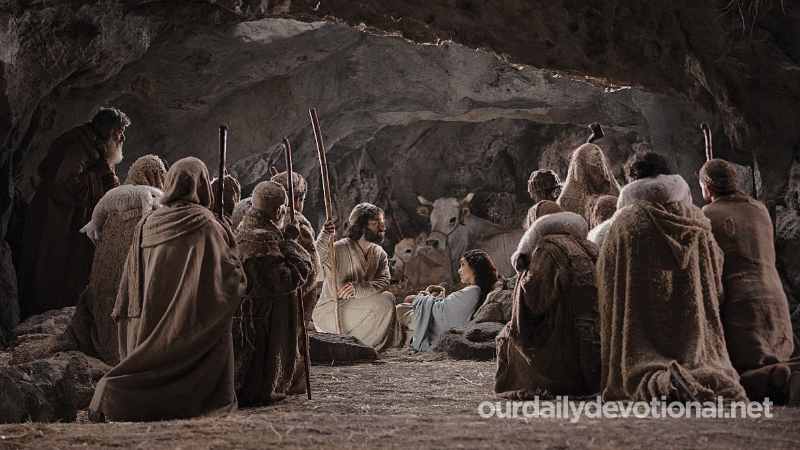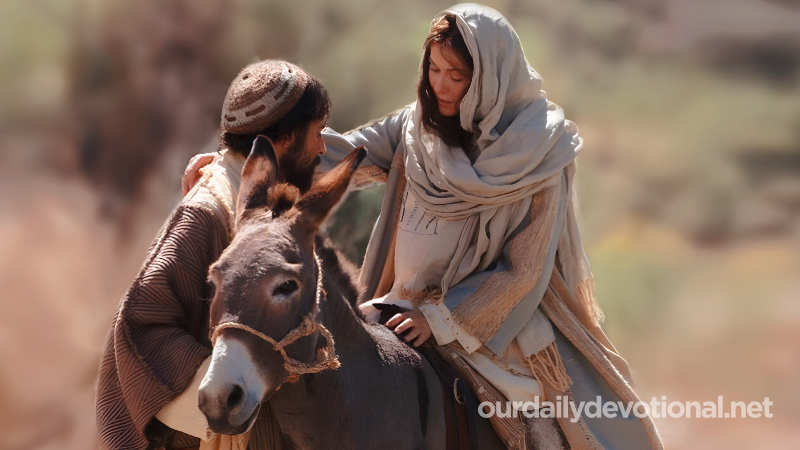
The Triumphs of HopeBy D.L. Moody
In Romans 15:13 the apostle Paul said, And believing, the God of hope fills you with all joy and peace that ye may abound in hope by the virtue [power] of the Holy Spirit.
I have observed throughout different parts of the country how difficult it is for God to use people who have lost hope. Wherever I found a worker in God’s vineyard who had lost hope, I found a man or woman who was not very useful.
Consider these workers. Let your mind think about the past for a moment. Can you remember a man or woman who had lost hope, but whom God used to build His kingdom? I do not believe there are many.
Hope is very important in the church; the work of the Holy Spirit is to impart hope. Let Him come into some churches where no conversions have taken place for a few years, and let Him convert a score of people. Watch and see how hopeful the church becomes at once.
He imparts hope; a man filled with the Spirit of God will be very hopeful. He will be looking to the future, and he knows it is bright, because the God of all grace is able to do great things. So it is very important that we have hope.
If a man has lost hope, he is out of communion with God; he doesn’t have the Spirit of God resting upon him for service. He may be a son of God but be disheartened so that God cannot use him.
Some years ago, I was quite discouraged in my work, and I was ready to hang my harp on the willow. I was cast down and depressed for weeks, when one Monday morning a friend who had a very large Bible class came into my study.
I used to examine the notes of his Sunday school lessons, which were equal to a sermon.
He came to me this morning and said, “Well, what did you preach about yesterday?”
I told him and then said, “What did you preach about?”
He said he preached about Noah. “Did you ever preach about Noah?”
“No, I never preached about Noah.”
“Did you ever study his character?”
“No, I never studied his life particularly.”
“Well,” he said, “he is a most wonderful character. It will do you good. You ought to study that character.”
When he left, I took my Bible and read about Noah. Then it came over me – Noah worked 120 years and never had a convert, but he did not get discouraged. I said, “Well, I shouldn’t be discouraged,” and I closed my Bible, got up, and walked downtown.
The cloud had passed.
I went to the noon prayer meeting and heard of a little town in the country where they had taken a hundred young converts into the church. I asked myself, I wonder what Noah would have given if he could have heard that; and yet he worked one hundred and twenty years and didn’t get discouraged.
Right then a man across the aisle got up and said, “My friends, would you pray for me? I think I’m lost.”
I thought to myself, I wonder what Noah would have given to hear that. He never heard a man say, “Would you pray for me? I think I am lost.” Yet he didn’t get discouraged! Oh, children of God, let’s not get discouraged; let’s ask God to forgive us, if we have been discouraged and cast down; let’s ask God to give us hope that we may always be hopeful.
It does me good sometimes to meet some people and take hold of their hands because they are so hopeful.
But other people throw a gloom over me because they are always cast down and looking at the dark side – at the obstacles and difficulties that are in the way.
Dwight L. Moody
Dwight Lyman Moody (February 5, 1837 – December 26, 1899), also known as D. L. Moody, was an American evangelist and publisher connected with Keswickianism, who founded the Moody Church, Northfield School and Mount Hermon School in Massachusetts.







